
The New Jersey Director of Medicaid approved the transfer of an applicant’s home to a “caregiver child” who worked full-time because the applicant qualified medically for comprehensive home-based services under the Medicaid program. A.H. v. Bergen County Board of Social Services, OAL DKT. NO. HMA 09215-19 (June 26, 2020) When she was 92 years old,.. read more →

An Ohio appeals court dismissed a nursing home’s lawsuit to recover a resident’s unpaid fees from his son who signed an admission agreement as his father’s agent under a power of attorney. Village at the Greene v. Smith (Ohio Ct. App., 2d, No. 28762, August 14, 2020). On June 22, 2018, Robert Smith (“the father”) granted.. read more →

A New Jersey appeals court upheld a Medicaid penalty period imposed on a nursing home resident who, prior to admission, paid home health care aides via checks payable to “cash” without written contract, and didn’t prove that the rates paid to the aides were for fair market value. D.Z. v. Ocean County Board of Social.. read more →

The New Jersey appellate division sustained the denial of Medicaid benefits based upon the applicant’s failure to submit documents necessary to verify his eligibility. Even though the Medicaid applicant was incapacitated due to dementia, could not speak, and whose agent under his power of attorney failed to assist, the court held that the Medicaid agency.. read more →
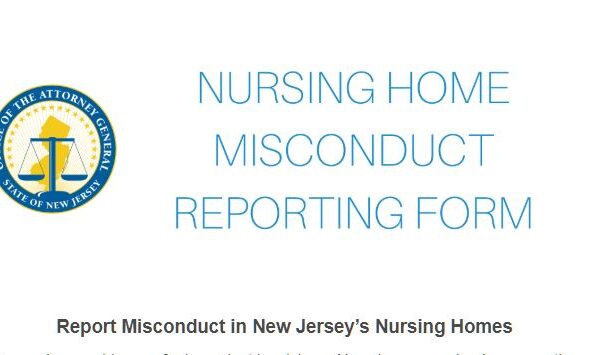
Do you have evidence of misconduct involving a New Jersey nursing home or other long-term care facility during the COVID-19 outbreak? Now you have a chance to report the misconduct to New Jersey’s Attorney General. On April 16, 2020, New Jersey Attorney General Gurbir S. Grewal announced that the Office of the Attorney General had opened.. read more →

The Centers for Medicare & Medicaid Services (CMS) sent a news alert recently recognizing that some nursing homes are seizing residents economic impact payments (or “Stimulus Checks”) authorized under the CARES Act. CMS confirms that this practice is prohibited, and nursing homes that seize these payments from residents could be subject to federal enforcement actions,.. read more →

The Centers for Medicare & Medicaid Services (CMS) announced new guidance for state and local officials to ensure the safe reopening of nursing homes across the country. The guidance details critical steps nursing homes and communities should take prior to relaxing restrictions implemented to prevent the spread of COVID-19, including rigorous infection prevention and control, adequate.. read more →

Many guardians are wondering how the COVID-19 pandemic will impact their responsibilities. The National Guardianship Association, the American Bar Association Commission on Law and Aging, and the National Center for State Courts have worked together to develop a list of “Frequently Asked Questions” or FAQs. Throughout the list of FAQs, they have provided suggestions and.. read more →

Recently, the Centers for Medicare & Medicaid Services (CMS) released a new toolkit which was developed to provide nursing homes, Governors, states, departments of health and other agencies overseeing these facilities with additional resources to aid in the fight against the COVID-19 pandemic within nursing homes. The toolkit is comprised of best practices from a variety.. read more →

The decedent was admitted to the defendant facility, Regency Heritage Nursing and Rehabilitation, in 2013. On the admission date, her daughter accompanied her to the nursing home. The daughter alleged that she was separated from her mother and brought to a conference room, where she was presented with a stack of documents to sign. She.. read more →
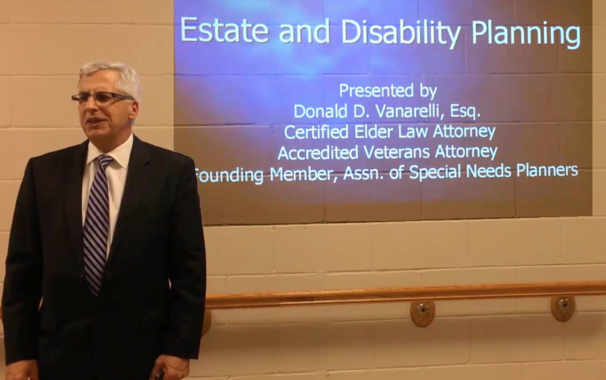
This promotional video is presented as an introduction to the “Estate and Disability Planning” Video Series Program. “Estate and Disability Planning” is a 4-part video series presented by noted Certified Elder Law Attorney and Accredited Veterans Attorney Donald D. Vanarelli, Esq. The video series covers a number of crucial elder law topics for New Jersey.. read more →
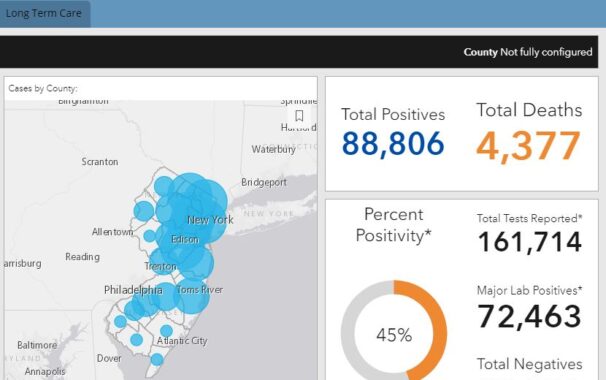
Today, the Centers for Medicare & Medicaid Services (CMS) issued a press release announcing new regulatory requirements that will require nursing homes to inform residents, their families and representatives of COVID-19 cases in their facilities. In addition, CMS will now require nursing homes to report cases of COVID-19 directly to the Centers for Disease Control and.. read more →
This video series is a must-see for New Jersey residents with questions concerning nursing home law and resident rights. This promotional video for the Nursing Home Resident Rights Video Series was presented by noted Certified Elder Law Attorney, Donald D. Vanarelli, Esq., as part of The Medical Side of Elder Law Lecture Series. The Medical.. read more →

In order to qualify for Medicaid benefits, an applicant may not own more than $2.000 in countable assets. All assets are countable, with few exceptions. Annuities purchased by Medicaid applicants are countable resources unless they are irrevocable and meet certain other requirements. In this case, Jane Cushing purchased a single-premium, immediate annuity from the Croatian.. read more →
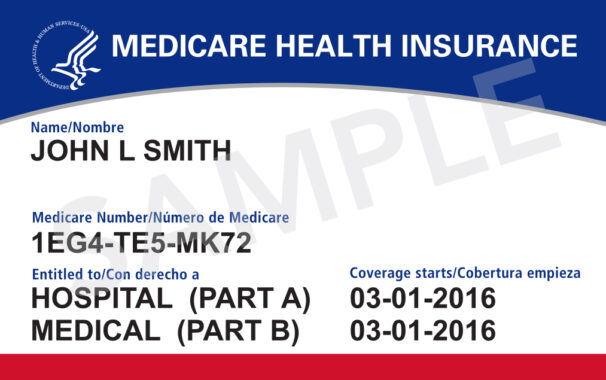
As a result of the declaration of a national emergency, the Centers for Medicare and Medicaid Services (CMS) has waived the requirement that Medicare beneficiaries must spend at least three days in a hospital before qualifying for coverage in a skilled nursing facility (SNF) for those beneficiaries who need to be transferred as a result.. read more →
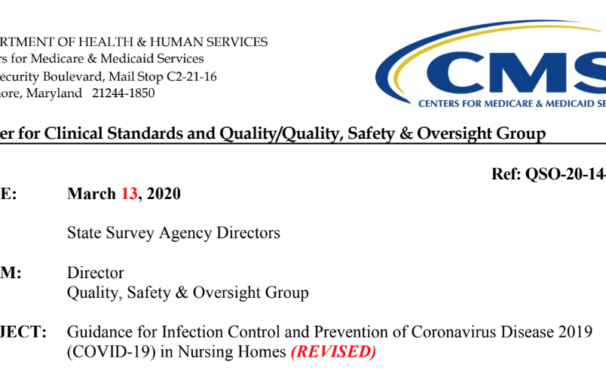
The Centers for Medicare & Medicaid Services (CMS) is responsible for ensuring the health and safety of nursing home residents by enforcing the standards required to help each resident attain or maintain their highest level of well-being. In light of the recent spread of COVID-19, CMS provided guidelines for visiting nursing facility residents, to help.. read more →

The following information on staffing levels in New Jersey nursing homes in the third quarter of 2019 is from the Long-Term Care Community Coalition (LTCCC) website. As set forth on the LTCCC website: Sufficient staffing is one of the most important indicators of a nursing home’s quality and safety. Unfortunately, inadequate nursing home staffing is.. read more →

The New Jersey Appellate Division declared a nursing home’s arbitration agreement to be void based upon the agreement’s “dense and meandering first sentence” of more than 200 words, among other problematic features. Estate of Bright v. Aristacare at Cherry Hill. Maureen Bright was discharged from the hospital to Aristacare after undergoing a second leg amputation. Maureen.. read more →

In Hegadorn v. Department of Human Services, the Michigan Supreme Court approved the use of a trust established for the sole benefit of the healthy spouse as a valid method to protect the assets of a married couple when the ill spouse is a Medicaid recipient in a nursing home or other long-term care facility. The.. read more →

On June 27, 2017, D.A., through his Designated Authorized Representative (DAR), applied to the Burlington County Board of Social Services, the county welfare agency (CWA), for nursing home Medicaid benefits. Prior to submitting the Medicaid application, D.A.’s nursing facility requested pre-admission screening (PAS) on D.A.’s behalf in May 2017 to establish D.A.’s clinical eligibility for.. read more →
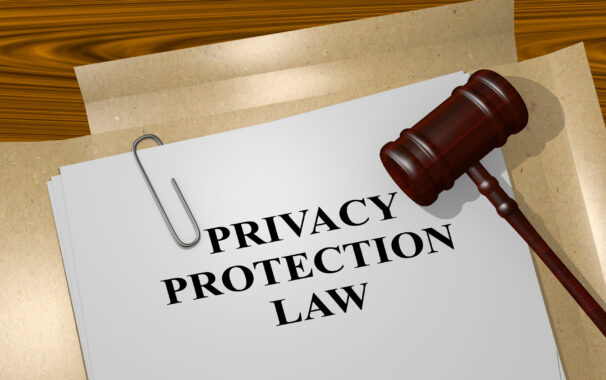
A nurse’s aide at a senior care facility in southern Minnesota posted a photograph of an elderly patient with on social media with a demeaning and vulgar message did not violate state law meant to protect patient privacy, a state court ruled. Furlow v. Madonna Summit of Byron, Docket No. A19-0987 (Minn. Ct. of Appeals,.. read more →

Involuntary Transfers Or Evictions To Another Care Facility “Difficult” residents are often subjected to involuntary eviction on the basis of the resident’s welfare, and that the resident’s needs cannot be met at the current nursing facility. As one commentator notes, “This type of argument is misplaced, however, because it only applies if the resident’s needs.. read more →
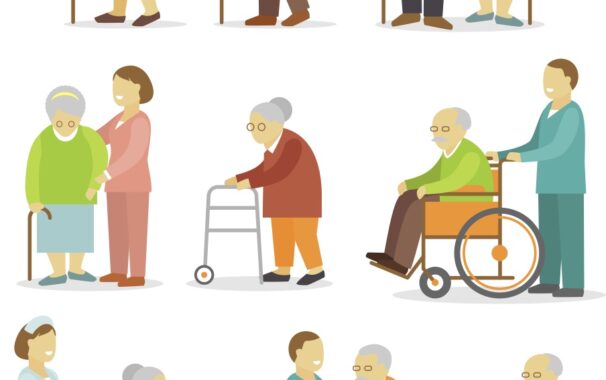
R.K. transferred her one-third interest in a house she owned jointly with her daughter and son-in-law to her daughter. Less than five years later, R.K. applied for Medicaid, and asserted that the transfer was exempt under Medicaid’s “caregiver child” exception to the rules prohibiting any transfers of assets within five years of the Medicaid application.. read more →

H.R., who had significant cognitive and functional deficits, was admitted to the Hammonton Center for Rehabilitation and Healthcare (Hammonton Center). The Hammonton Center filed a complaint seeking the appointment of a guardian for H.R. While H.R.’s guardianship was still pending, the Hammonton Center filed a Medicaid application with the Atlantic County Board of Social Services.. read more →

The Nursing Home Reform Act of 1987 (“NHRA”) was enacted by Congress to provide “sweeping reform” in response to widespread issues of abuse, neglect, inadequate care, and general denial of residents’ basic rights in nursing facilities. Revised regulations for nursing facilities were released by the Centers for Medicare & Medicaid Services (“CMS”) in 2016. These.. read more →
Categories
- Affordable Care Act
- Alzheimer's Disease
- Arbitration
- Attorney Ethics
- Attorneys Fees
- Beneficiary Designations
- Blog Roundup and Highlights
- Blogs and Blogging
- Care Facilities
- Caregivers
- Cemetery
- Collaborative Family Law
- Conservatorships
- Consumer Fraud
- Contempt
- Contracts
- Defamation
- Developmental Disabilities
- Discovery
- Discrimination Laws
- Doctrine of Probable Intent
- Domestic Violence
- Elder Abuse
- Elder Law
- Elective Share
- End-of-Life Decisions
- Estate Administration
- Estate Litigation
- Estate Planning
- Events
- Family Law
- Fiduciary
- Financial Exploitation of the Elderly
- Funeral
- Future of the Legal Profession
- Geriatric Care Managers
- Governmental or Public Benefit Programs
- Guardianship
- Health Issues
- Housing for the Elderly and Disabled
- In Remembrance
- Insolvent Estates
- Institutional Liens
- Insurance
- Interesting New Cases
- Intestacy
- Law Firm News
- Law Firm Videos
- Law Practice Management / Development
- Lawyers and Lawyering
- Legal Capacity or Competancy
- Legal Malpractice
- Legal Rights of the Disabled
- Liens
- Litigation
- Mediation
- Medicaid Appeals
- Medicaid Applications
- Medicaid Planning
- Annuities
- Care Contracts
- Divorce
- Estate Recovery
- Family Part Non-Dissolution Support Orders
- Gifts
- Life Estates
- Loan repayments
- MMMNA
- Promissory Notes
- Qualified Income Trusts
- Spousal Refusal
- Transfers For Reasons Other Than To Qualify For Medicaid
- Transfers to "Caregiver" Child(ren)
- Transfers to Disabled Adult Children
- Trusts
- Undue Hardship Provision
- Multiple-Party Deposit Account Act
- New Cases
- New Laws
- News Briefs
- Newsletters
- Non-Probate Assets
- Nursing Facility Litigation
- Personal Achievements and Awards
- Personal Injury Lawsuits
- Probate
- Punitive Damages
- Reconsideration
- Retirement Benefits
- Reverse Mortgages
- Section 8 Housing
- Settlement of Litigation
- Social Media
- Special Education
- Special Needs Planning
- Surrogate Decision-Making
- Taxation
- Technology
- Texting
- Top Ten
- Trials
- Trustees
- Uncategorized
- Veterans Benefits
- Web Sites and the Internet
- Webinar
- Writing Intended To Be A Will







Vanarelli & Li, LLC on Social Media